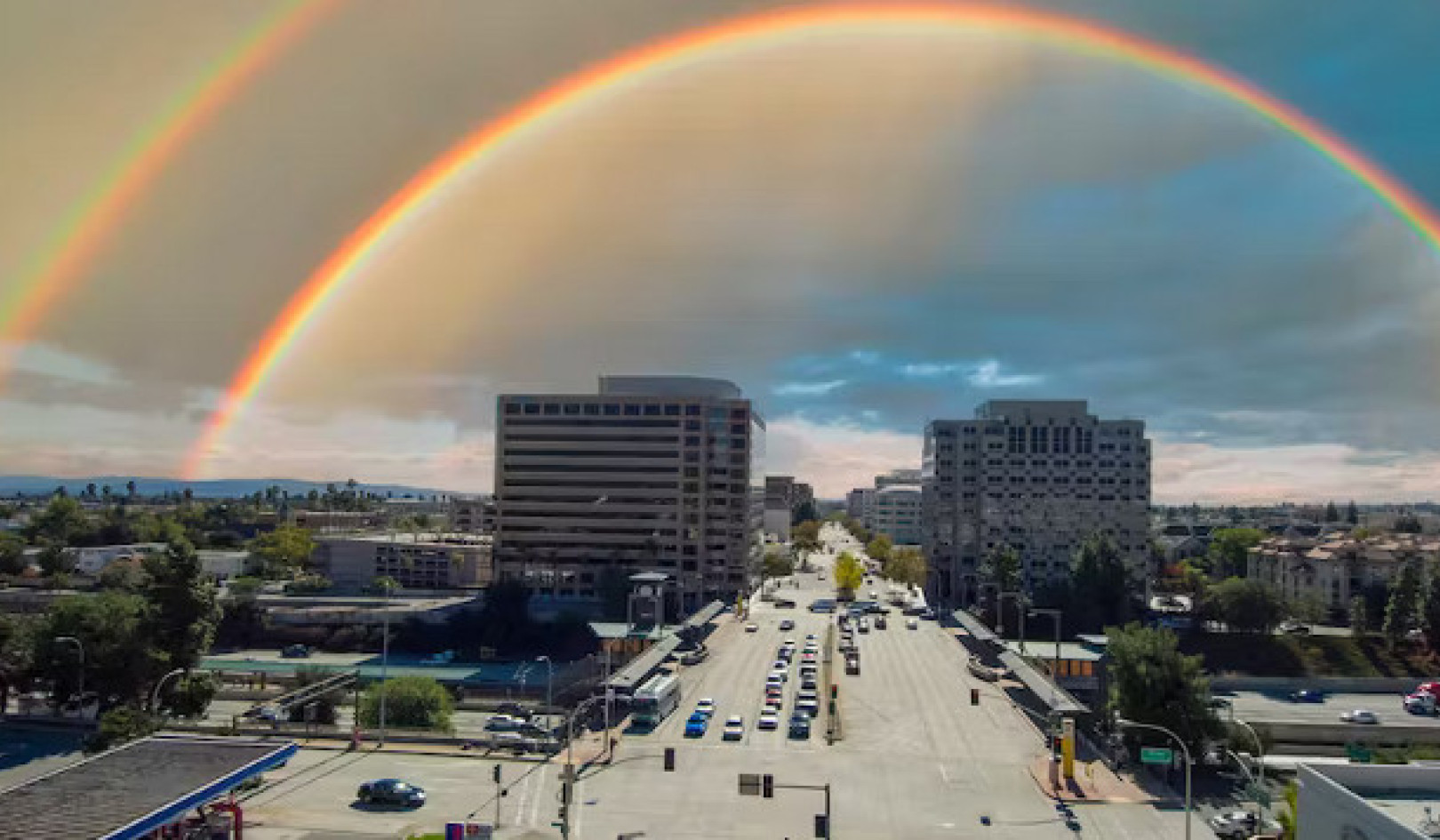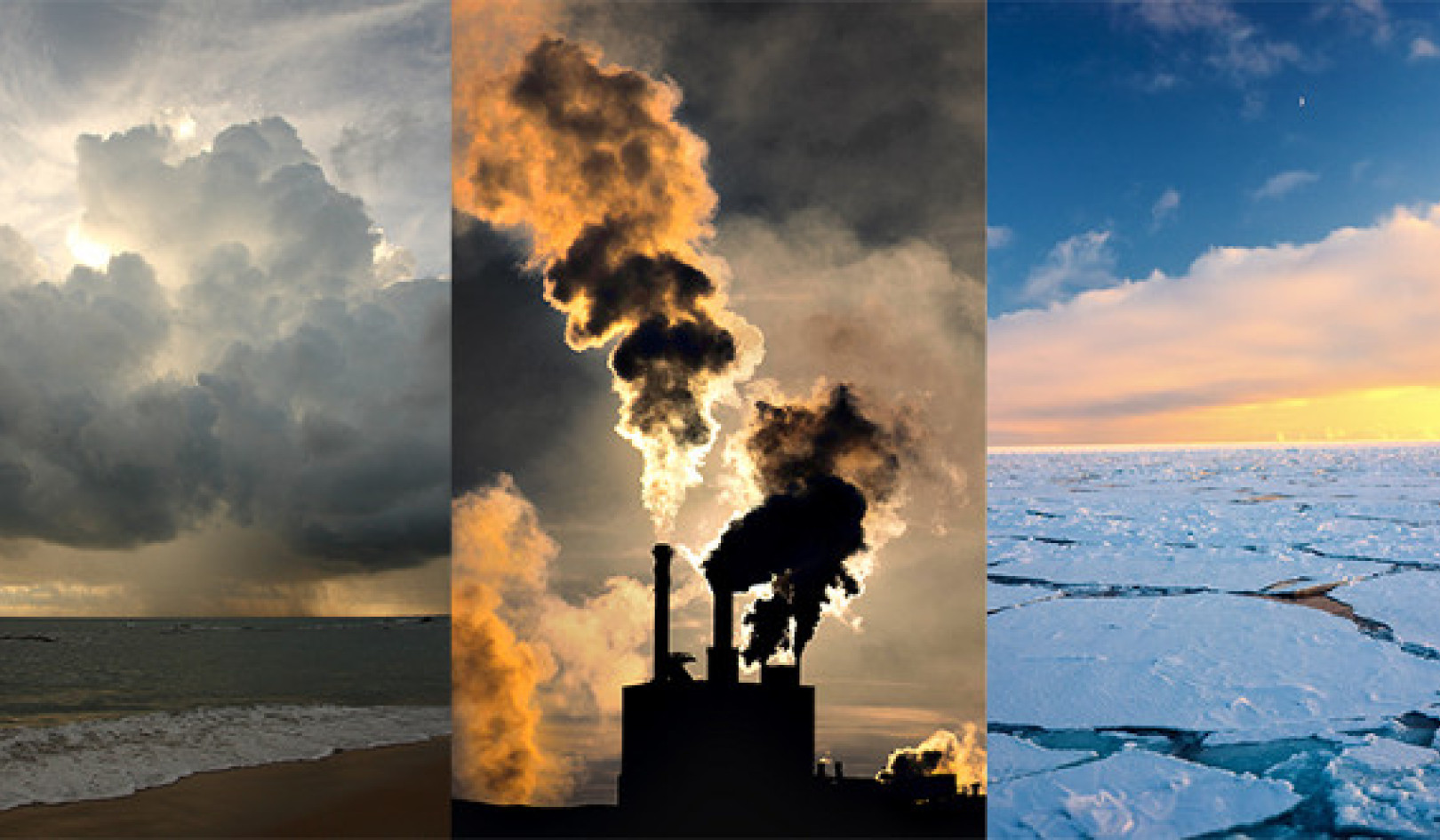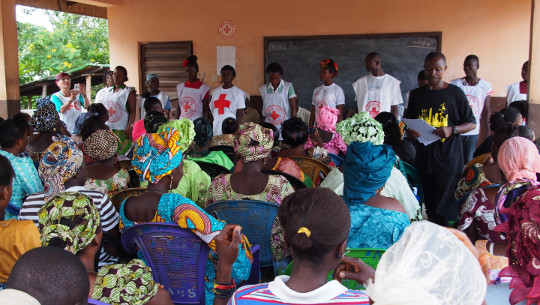
 f ever we wanted a reminder of how global capitalism has got things wrong, the Ebola outbreak in West Africa serves the purpose well. Our assumption that economic growth is essential is not only a feature of markets and politics, it also feeds into our thinking on development goals such as poverty reduction. The hope somehow remains that the relentless pursuit of production and consumption will trickle down to deliver more substantial benefits.
f ever we wanted a reminder of how global capitalism has got things wrong, the Ebola outbreak in West Africa serves the purpose well. Our assumption that economic growth is essential is not only a feature of markets and politics, it also feeds into our thinking on development goals such as poverty reduction. The hope somehow remains that the relentless pursuit of production and consumption will trickle down to deliver more substantial benefits.
The devastating crisis is starkly revealing about the dangers of non-inclusive growth. Rapid increases in GDP fuelled by enclave mining, neglecting health systems and agricultural and urban employment can create the structural conditions for extreme vulnerability to shocks, as disenfranchised populations shun poor health facilities and resist early outbreak control efforts. The Ebola shock, in turn, has badly set back the rapid economic growth recently seen in Sierra Leone, Liberia and Guinea.
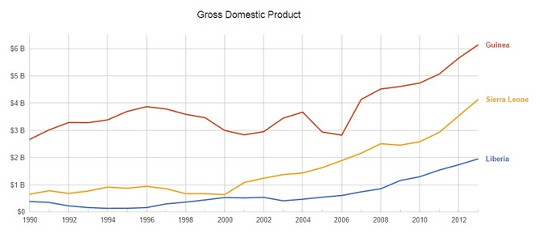 World Bank/Google
World Bank/Google
Counting Costs
Is is timely that new Sustainable Development Goals are fundamentally questioning the equation of development with economic growth.
Environmental sustainability, human well-being, health and nutrition, gender equality, safe cities and access to justice cannot be achieved through GDP alone. In as much as economic growth is highlighted, it is with the important qualifiers that it should be “sustained, inclusive and sustainable.”
The Institute of Development Studies (IDS) has published a book in which development economists question some of the discipline’s received wisdoms. They draw together evidence that pursuing business-as-usual, old-style growth is no longer an option. Inequalities are rising in many places, undermining people’s well-being. Environmental threats are increasing and are already manifest in droughts, floods, depleted resources and devastated livelihoods. Crises – from finance to food, energy to disease – are unravelling progress.
The central idea is that 21st-century development needs us to address the quality of economic growth in at least three dimensions:
-
Growth must incorporate environmental costs, especially of climate change.
-
It must be inclusive, especially generating employment for growing populations.
-
It must be resilient to shocks, such as the financial, food and health crises that have rocked the world in recent years.
Interdependencies
Taking a global view of development, we have chosen to focus more of our work on three related themes – accelerating sustainability, reducing inequalities, and building inclusive and secure societies.
Recent world events highlight the interactions between these themes. Ebola is just one, shattering example. As our work in China and India is showing, low carbon growth needs to generate jobs if it is to avoid undermining well-being and enhance inequality. The relationship between green growth and social justice therefore needs attention.
Sustainability, inclusivity, and resilience are important not just in themselves, but because each influences the other. And economic growth pursued to the neglect of its human and environmental foundations will ultimately prove unsustainable, kicking back to undermine itself through conflict, disaster and stagnation.
Questioning Growth
Economists have long questioned the idea of “growth at all costs”. Dissenting voices have been heard from illustrious figures such as John Maynard Keynes and IDS founding director Dudley Seers to modern-day exponents Joseph Stiglitz and Thomas Piketty. They, and others in between, have argued that unregulated capitalist growth enhances inequalities and is unsustainable in its own terms.
A slightly shorter lineage of neoclassical environmental economists, for example the pioneering work of David Pearce and Ed Barbier in the 1980s, has long argued for addressing environmental “market failures” through mechanisms such as carbon and resource taxes and the “polluter pays” principle. Recent debates highlight prosperity, low carbon and green growth.
Meanwhile, resilience studies – dominated by ecologists, but with social scientists including economists among them – have questioned linear growth models. They call instead for approaches centred on system adaptation and transformation to respond to, and bounce back from, stresses and shocks, whether environmental or economic.
Pulling It Together
You might ask what is new here? But by adding up and integrating across these often separate areas of analysis, a new vision of growth emerges – not simply as a single quantity in which more is better, but as a set of vectors.
Put another way, growth and the innovation that supports it can go in different directions. Which directions are pursued has consequences for distribution – who gains and who loses. And a diversity of pathways is important in order to respond to different contexts, and to build resilience by avoiding putting all the eggs in one basket.
Because ultimately this is about choices to support particular directions or qualities over others. These choices are essentially political. We cannot escape the role of states in setting directions, for instance through regulation and taxation. But social movements and citizen action also have key roles to play. Politics must extend both up and down from what national governments can do, to encompass action both locally and globally.
Enhancing the quality of growth to promote sustainability, equity and inclusivity, will require economists to connect their skills and perspectives with those of others. They must combine forces with political, institutional and social analysts and also, crucially, with the people in public, private and civil sectors who are positioned to make real change happen. Genuine progress here, and applied in the right areas, would help transform thinking and create alliances which might just in the future be able to head off the kind of health crisis which so marked 2014.
![]()
This article was originally published on The Conversation
Read the original article.
About The Author
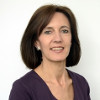 Melissa Leach is the Director of the Institute of Development Studies. Between 2006 and 2014 Melissa directed the ESRC STEPS (Social, Technological and Environmental Pathways to Sustainability) Centre. She originally trained as a geographer (MA Cambridge) and social anthropologist (PhD London).
Melissa Leach is the Director of the Institute of Development Studies. Between 2006 and 2014 Melissa directed the ESRC STEPS (Social, Technological and Environmental Pathways to Sustainability) Centre. She originally trained as a geographer (MA Cambridge) and social anthropologist (PhD London).
Related Books:
at

Thanks for visiting InnerSelf.com, where there are 20,000+ life-altering articles promoting "New Attitudes and New Possibilities." All articles are translated into 30+ languages. Subscribe to InnerSelf Magazine, published weekly, and Marie T Russell's Daily Inspiration. InnerSelf Magazine has been published since 1985.

Thanks for visiting InnerSelf.com, where there are 20,000+ life-altering articles promoting "New Attitudes and New Possibilities." All articles are translated into 30+ languages. Subscribe to InnerSelf Magazine, published weekly, and Marie T Russell's Daily Inspiration. InnerSelf Magazine has been published since 1985.


















